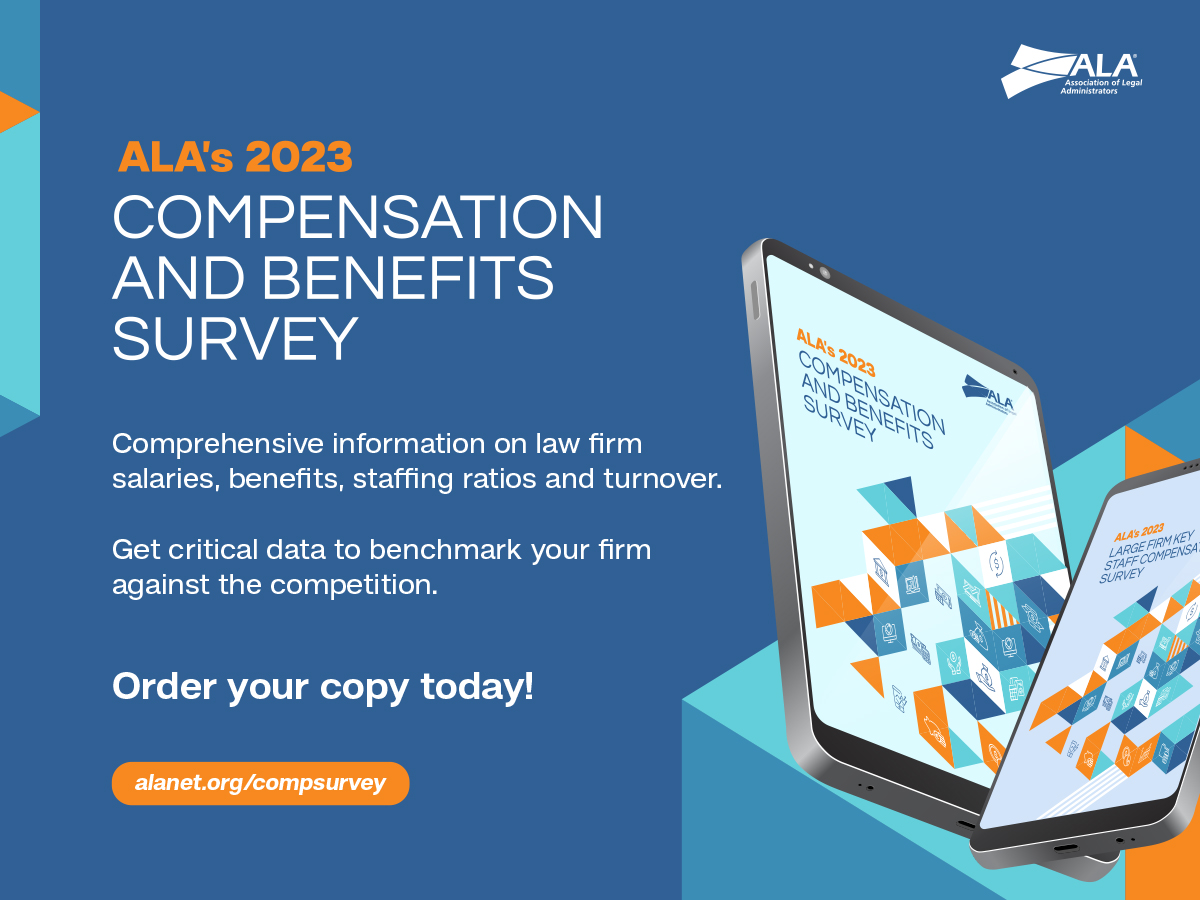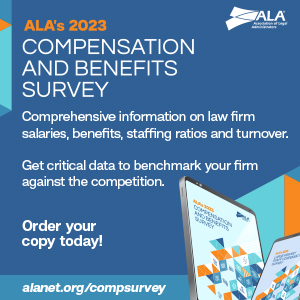In legal, the billable hour is one of the topics that is much-discussed and yet continues to evolve. Of course, the billable hour conversation is not new. In a recent article introducing himself to readers as the new Editor of The American Lawyer, David Gialanella quips that he was writing feature articles as far back as 2008 asking if the death of the billable hour is coming.
Today’s realities show that compensation structures for attorneys continue to change. Some law firms and legal departments may offer billable hour credits or reduced billable hour expectations for attorneys actively engaged in diversity, equity and inclusion (DEI) activities. This recognizes that time spent on DEI initiatives is valuable to the firm’s overall goals.
Generative artificial intelligence (AI) is also driving a shift toward flat rates and alternate fee arrangements. Law.com reporter Andrew Maloney reports that, “Average billing rate increases were high last year, perhaps historically so, and some industry observers already expect a similar 2024.” Highlighting the many different — and sometimes contradictory — perspectives about the billable hour, Ken Crutchfield, Vice President and General Manager of Legal Markets at Wolters Kluwer Legal & Regulatory U.S. predicts that generative AI will have all the following effects on law firms:
- Rates will go up.
- Rates will go down.
- Work will shift to alternate fee arrangements.
- Work will go in-house.




